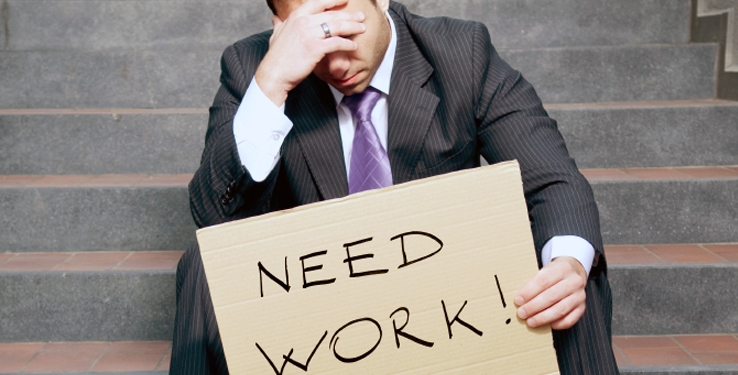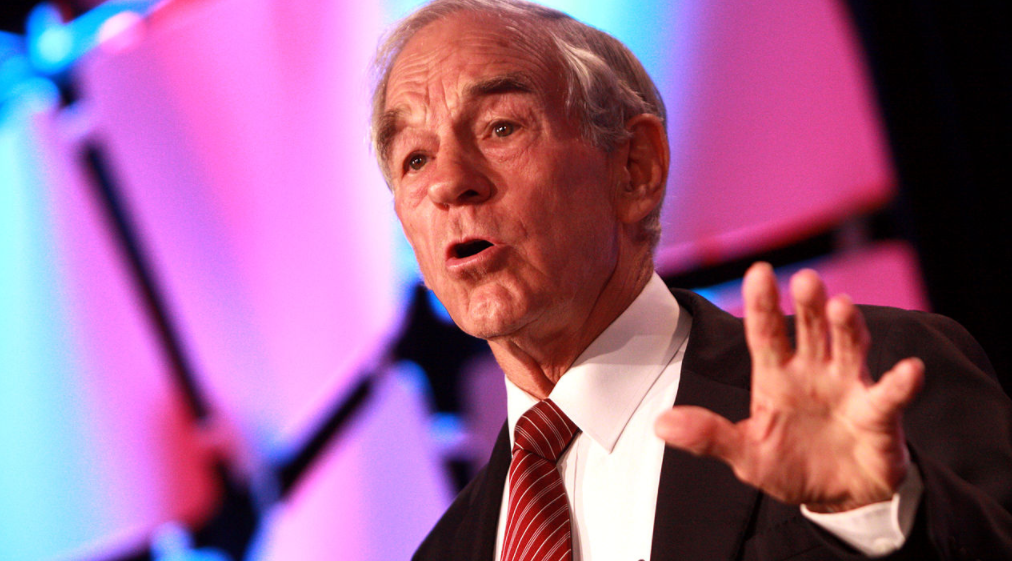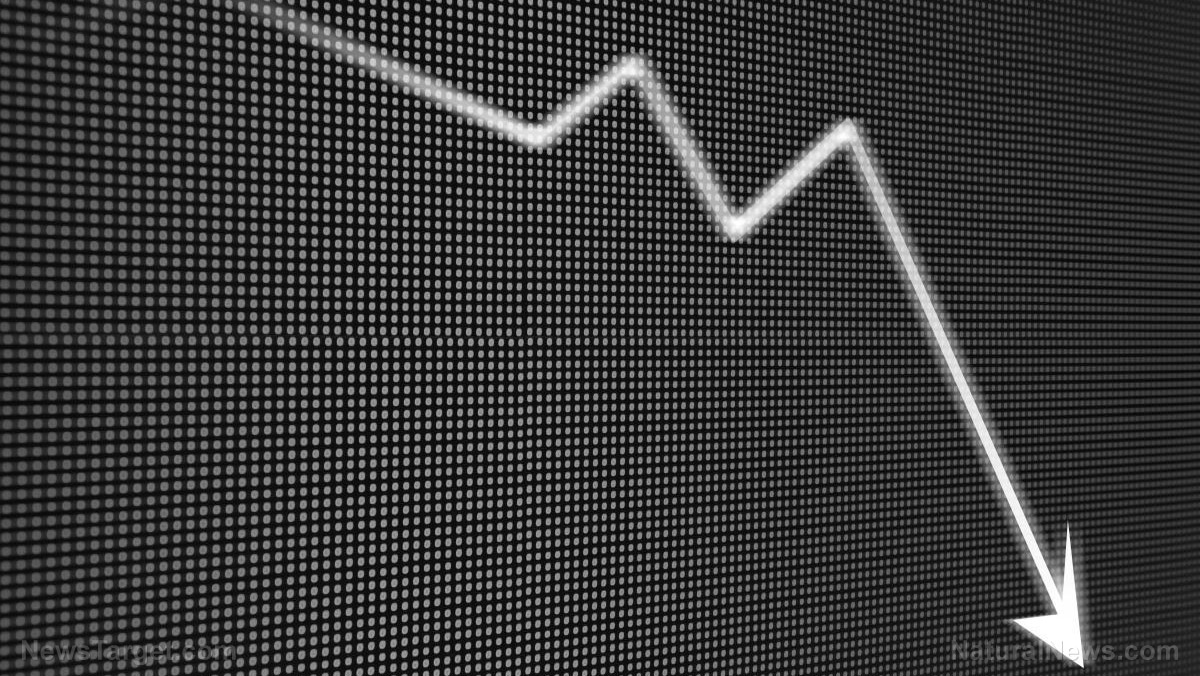Unemployment in Germany continues to increase, government data show
12/05/2022 / By Ramon Tomey

The unemployment rate in Germany continues to increase, according to data from the German Federal Employment Agency (BA).
Figures from the BA showed that the number of unemployed Germans increased to 2.54 million in November after 17,000 people lost their jobs. The figures released on Nov. 30 also showed the country’s unemployment rate increased to 5.6 percent – a slight increase from the 5.5 percent recorded in October. Analysts had not expected the figure to change from the previous month.
But according to the BA’s Director for Regions Daniel Terzenbach, there is nothing to worry about.
“Overall, the labor market is stable,” he said. “Seasonally adjusted unemployment and underemployment have risen once more and short-time work is increasing again, but employment is growing significantly.”
The BA report also mentioned that the states of Bremen and Berlin recorded the highest unemployment – at 10.4 percent and 8.9 percent, respectively. Meanwhile, Bavaria recorded the lowest unemployment rate at 3.3 percent.
Rising unemployment in Germany was linked to record inflation and its energy crisis, and the country is expected to fall into recession. The risk of companies providing employment pulling out of Germany also adds to its woes. According to the Federation of German Industries (BDI), one in four companies is reportedly considering moving production to other countries due to exorbitant energy costs. (Related: Steel giant ArcelorMittal forced to shut down two massive German steel facilities due to energy crisis.)
“Every fourth German company is thinking about relocating production abroad,” said BDI CEO Tanja Gonner. “The high energy prices and the weakening economy are hitting the German economy with full force and are placing a great burden on our companies, compared to other international locations.”
Wolfgang Grosse Entrup, CEO of the German chemical industry association VCI, agreed with Gonner. He warned: “The brutal energy prices are knocking us out. Without a functioning price brake, the government is willfully accepting de-industralization.”
Lawmaker: Germany’s living standards could collapse
One member of the state legislature in the western German state of North Rhine-Westphalia (NRW) warned that Germany’s living standards could collapse to 1970 levels.
Henning Hone, the leader of the Free Democratic Party’s (FDP) parliamentary group in the Landtag of NRW, issued this warning during an interview with the Die Welt newspaper. He urged Germans to “realize the seriousness of the situation.”
“We have been deprived of all sources of energy [including] Russian gas, and that is blocked. The situation in NRW, the most energy-intensive region in Germany, is especially dramatic due to energy prices,” Hone said. “The German business model is under strong pressure.”
The lawmaker pointed his finger at the “complete failure” of the energy policy put in place by the federal government in Berlin. This, coupled with “arrogance and absolute complacency,” undermined Germany’s economic prosperity.
“In the face of a completely imploding energy transition, we have to ask ourselves. In 10 years, will there still be someone who will produce here and sell their product internationally? We must answer that.”
According to Hone, several chemical companies such as Lanxess and BASF expressed interest to invest anywhere – except their home countries. “Our small- and medium-sized businesses are also under pressure. Many observers warn that [Germany] may soon become CO2-neutral, but poor.”
The FDP lawmaker ultimately remarked that he would like Germany to remain an industrial country and an ideal place for manufacturing. To this end, he called on the government to temporarily use all available domestic energy sources.
Collapse.news has more stories about how Germany’s energy crisis affects employees and employers alike.
Watch this video that explains the link between unemployment and the Great Reset.
This video is from The Voice From the Car channel on Brighteon.com.
More related stories:
Energy prices in Germany soar 1,000% as companies go bankrupt.
Initial unemployment claims remain high as recession fears affect labor market.
Germany on the cusp of RECESSION following Nord Stream gas flow reductions.
German chemical behemoth warns of country’s “total collapse” if Russian oil, gas is cut off.
Anti-Russia xenophobia “could cause mass poverty in Germany,” warns government official.
Sources include:
Submit a correction >>
Tagged Under:
Bubble, Collapse, debt collapse, economic collapse, energy crisis, energy supply, Federal Employment Agency, Germany, Henning Hone, industrial collapse, job market, labor market, market crash, power, risk, unemployment, Unemployment Rate
This article may contain statements that reflect the opinion of the author
Get independent news alerts on natural cures, food lab tests, cannabis medicine, science, robotics, drones, privacy and more from NewsTarget.com
Get independent news alerts on natural cures, food lab tests, cannabis medicine, science, robotics, drones, privacy and more from NewsTarget.com
RECENT NEWS & ARTICLES
COPYRIGHT © 2017 DEBT COLLAPSE NEWS






















